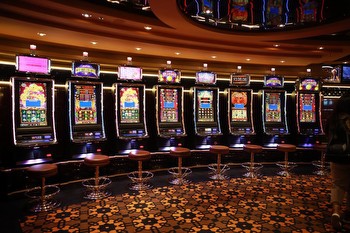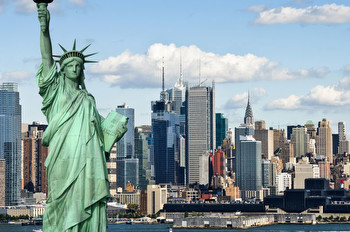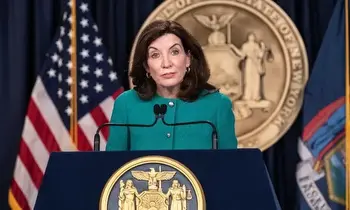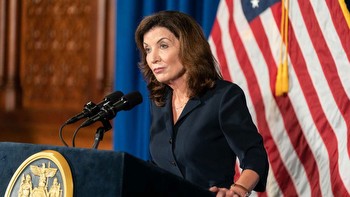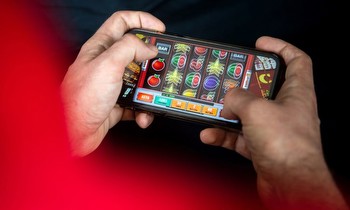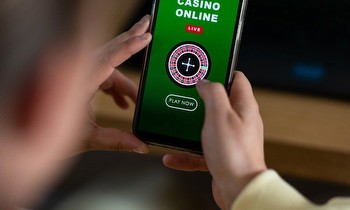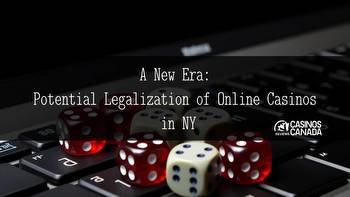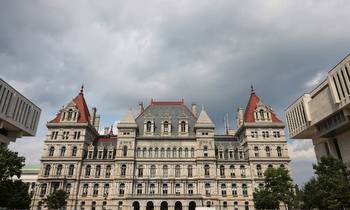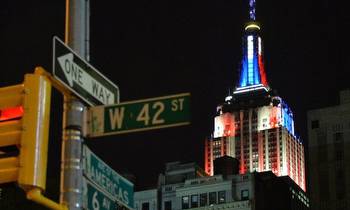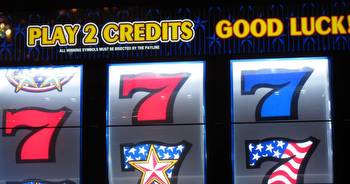New York Sen. Addabbo: Use ICasino Funds To Bail Out The MTA

When New York Gov. Kathy Hochul proposed in her preliminary executive budget that revenue from future downstate casinos go to fund mass transit in New York City, some observers wondered if that was such a good idea.
For one thing, Hochul didn’t project any earnings from the casinos to be available to the state until 2026, putting that program effectively on the slow train and leaving the cash-strapped MTA without access to those funds for three more years. It also made some people nervous about the impact on New York public education, which by current law receives 80% of the tax revenue generated by the state’s casinos.
Now, one New York legislator has a counterproposal: Use new revenue from legalizing iCasino in New York in part to help fund the MTA.
State Sen. Joe Addabbo (D-Queens) told US Bets on Tuesday he plans to flesh the proposal out more fully during an iCasino roundtable he’s planning to host in the first week of March. New York has had legal sports betting since the start of 2022, but Addabbo would like to see the state get a little more aggressive in pursuing iCasino funds in part because neighboring states New Jersey, Pennsylvania, and Connecticut already have it.
“I can’t go back to my people and say, ‘Hey, listen, we’re taking gaming money to give to the MTA,’” Addabbo said. “So, I have an alternative. If you want MTA money from gaming revenues, [these are] unspoken for because [iCasino is] a new product. You can use iGaming funds for other purposes, whether it’s health, social services, whatever, and I can get it to you quicker, maybe by next year. Not 2026. And a lot of it, too. Significant revenue.”
Operators growing pessimistic about ’23
Addabbo introduced Senate Bill 4856 on Feb. 15. It would legalize mobile casino gambling including slots, table games, and live dealer games. It remains in Addabbo’s Gaming and Wagering Committee.
According to Addabbo’s estimates, given the bill’s 30.5% tax rate, iCasino would net the state $625 million in new taxes and one-time license fees in the first year. The bill would authorize up to 20 iCasino licenses to be split among the state’s four upstate casinos, mobile sports betting operators, licensed racinos, and federally recognized tribes.
But some observers are pessimistic about the New York iCasino timeline. In DraftKings’ fourth-quarter earnings call last week, for example, CEO Jason Robins predicted that, even if Addabbo’s bill were to pass in 2023, iCasino probably wouldn’t launch until sometime in 2024.
Robins said DraftKings has come to view New York as a larger iCasino market than it originally projected. He also pointed out that sports betting’s launch in January 2022 gave a head start to his sportsbook (and, presumably, any of the other eight legal New York mobile sportsbooks equipped to offer it) when it comes to online casino games.
“So, we’ve acquired hundreds and hundreds of thousands of players in New York already,” Robins said. “I think the cross-sell opportunity there would be enormous. We know that some of these players are going to Connecticut, to New Jersey, to Pennsylvania to do iGaming now. So, I do think there is some incremental customer acquisition spend, but it’s not the same as a fresh market where we haven’t had hundreds of thousands of customers that we’ve acquired already.”
New York could become a $4 billion market
Addabbo estimates New York is costing itself roughly $1 billion per year by not having legal iCasino, because those funds are going to other states or to the illegal markets.
“I think what really needs to happen on this is the governor’s really going to have to have an appetite for this, as well as the Senate and Assembly,” Addabbo said. “It can’t just be one legislator. It has to be a collective thought.”
According to estimates supplied to the state by Spectrum Gaming Group, a non-partisan consultancy on the economics and policy of legalized gambling, iCasino could generate as much as $3.1 billion in gross gaming revenue (GGR) in the first year in New York and $4 billion by the fifth year. By contrast, sports betting produced $1.6 billion in GGR in its first calendar year.








